As China stepped into sanfu, the dog days of summer, on Tuesday, the National Meteorological Center extended an orange alert - the second-highest alert - for high temperatures, as heatwaves scorch vast swathes of the country.
Meteorologists warned that persistent stifling temperatures, after a slight decline this week, are expected to last until the end of this month. They expressed concern over electricity shortages in China because of the persisting heatwave and suggested "rational power consumption" be practiced among the public.
Sanfu refers to the hottest days of the year according to the Chinese calendar. The sanfu period this year is predicted to last 40 days.
During daylight hours on Tuesday, temperatures in some places in provinces of North China, Northwest China, Central China and East China reached 35 C, according to the National Meteorological Center.
According to forecasts for the week, in some areas of Hebei, Henan, Zhejiang and Yunnan provinces, temperatures may surpass 40 C.
The beginning of July this year was the hottest week on record for the planet, according to early findings on Monday from the World Meteorological Organization (WMO). The series of scorching days saw global temperature records fall one after another.
"The world just had the hottest week on record, according to preliminary data," the WMO said in a statement. The new heatwave comes after climate change and the early stages of El Nino drove the warmest June on record.
Entering sanfu has renewed the Chinese public's anxiety over heatwaves, as most of them have been suffering from baking heat for weeks. How to avoid heat stroke during sanfu has topped online discussions on Chinese social media.
Several local governments have also issued guidelines to guarantee people's health during the extreme heat. The Beijing Municipal Bureau of Culture and Tourism has ordered tourist hotspots in the city to extend opening hours, so that tourists won't congest in certain places during the hottest hours of the day. The Government of Chengdu suspended outdoor work when the temperature reached 40 C.
Thirty-nine-year-old Zhou, who installs air conditioners, told the Global Times that orders have surged last month.
"I installed air conditioners in more than 300 houses. It was my best month ever," said Zhou.
The heat in North China is expected to slightly abate over the following days and then pick up steam again in the middle of July, Ma Jun, director of the Beijing-based Institute of Public and Environmental Affairs, told the Global Times. He predicted the heatwave in North China will persist until the end of this month.
Sanfu usually overlaps the time when South China steps out of its rainy season and is dominated by subtropical high pressure. Thus the South is in for a long-term battle with heatwaves now that sanfu has begun, said Huang Wei, an expert from the National Meteorological Center.
The heatwave has exerted mounting pressure on China's electricity system. The State Grid Sichuan Electric Power Co said that its electrical load reached a historic high of 59.88 million kilowatts on Monday, 788,000 kilowatts more than the maximum load of 2022. The company said it is sparing no effort to ensure power supply. Sichuan is rich in hydropower and powers homes and businesses as far away as Shanghai.
Places such as Shandong and Henan provinces have seen peak demand for electricity arrive earlier than usual because of consistent hot weather.
China Energy said on Tuesday that it achieved a generating capacity of 4.09 billion kilowatt-hour on Monday, a single-day record high. It noted that since July, its sub-branches in Ningxia, Jiangsu and Zhejiang have generated power capacity of 200 million kilowatt-hour for consecutive days, which ensured electricity demand for production and household uses.
Ma admitted that electricity supply will face more pressure as the real hot season has just started. However, he said the lessons learned from the scorching heatwave in 2022 have allowed them to make abundant preparation for such a scenario this year. "On the supply side, we have done much preparation, but hopefully the public can also cooperate and use electricity in a rational manner," said Ma.
Several residents in South China's Chongqing Municipality told the Global Times that they received messages from the government in recent days promoting "rational use of electricity," and asked them to set their air conditioners higher than 26 C.
The government in Hefei, Anhui Province, where temperatures hit 35 C on Tuesday, issued a notice on promoting off-peak power usage and reducing non-production power usage. It suggested government institutes to take the lead by turning on air conditioners half an hour after work begins and turning them off half an hour before the end of work, local media reported on Tuesday.








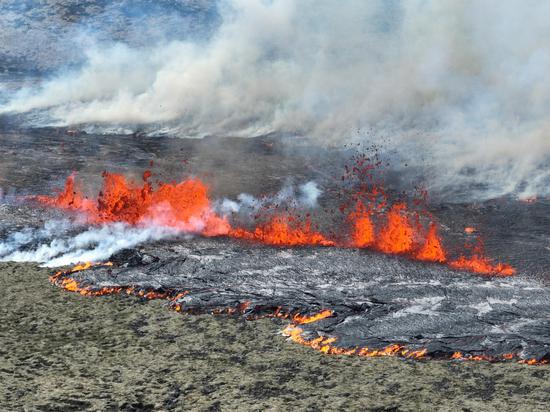

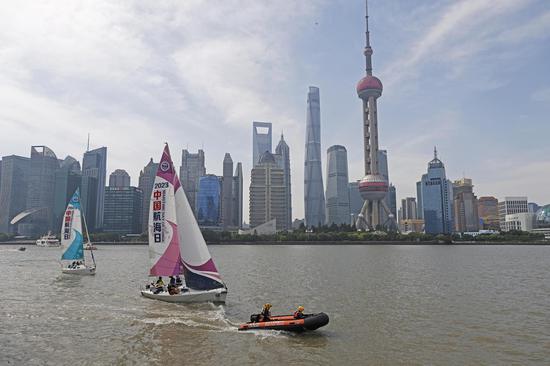

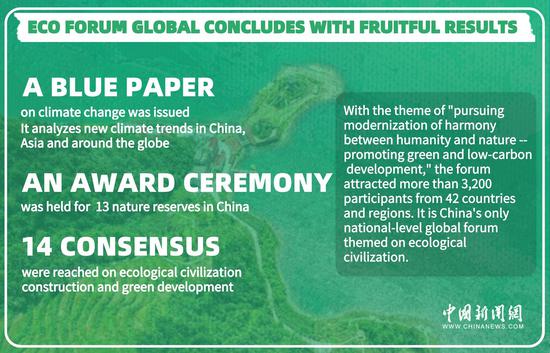
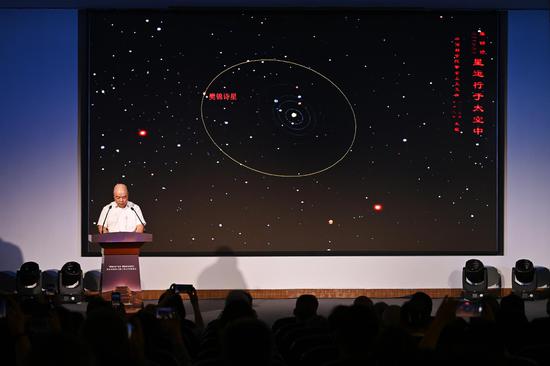


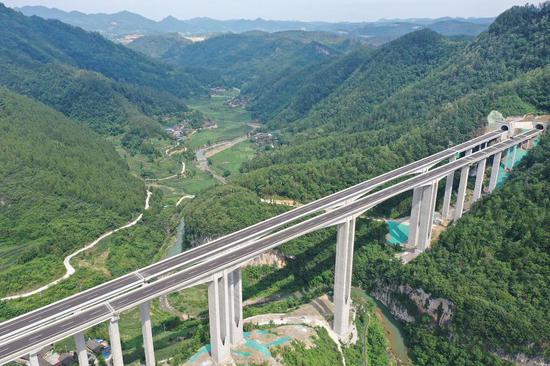

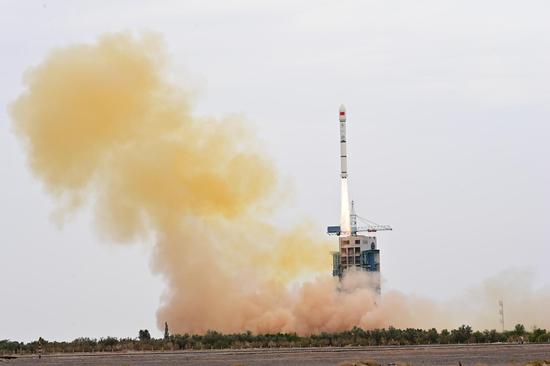


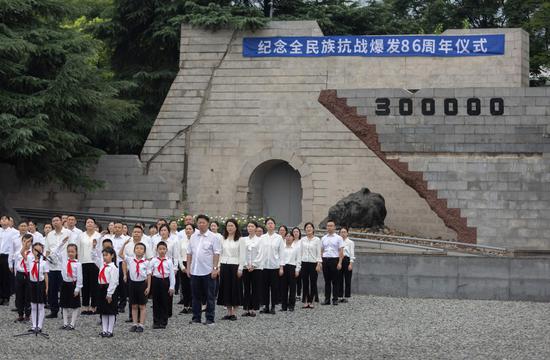
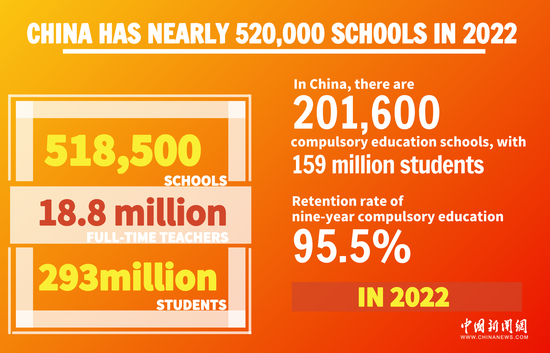
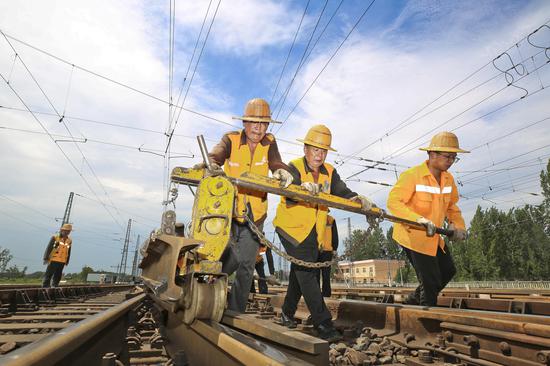
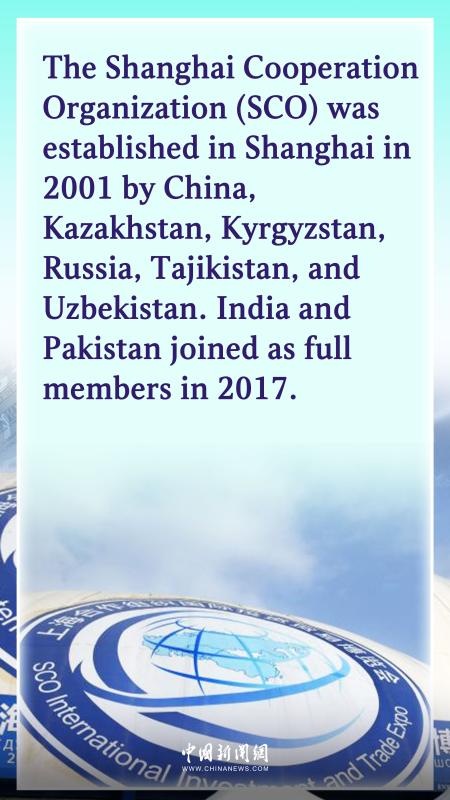


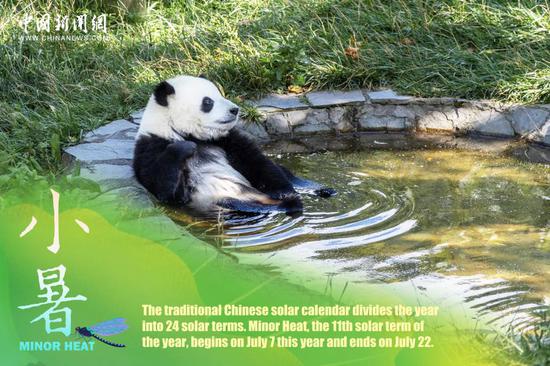

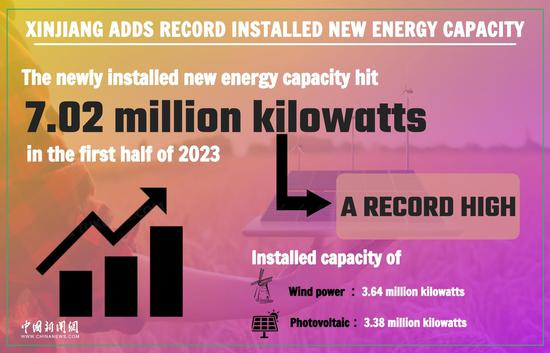


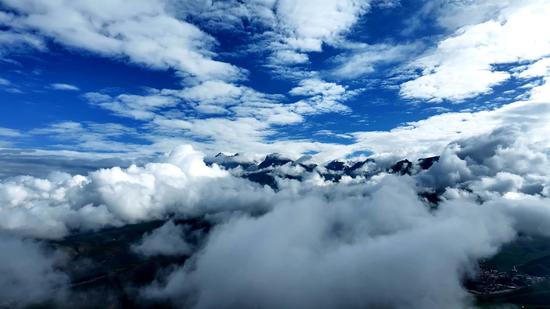
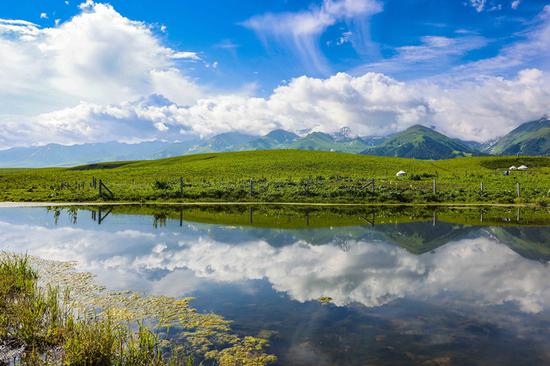
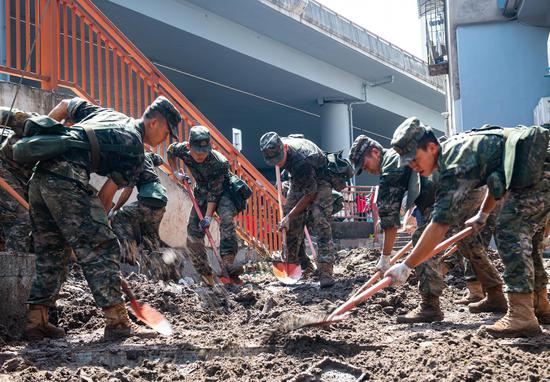
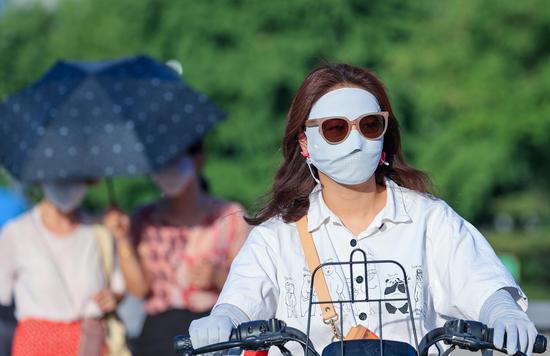
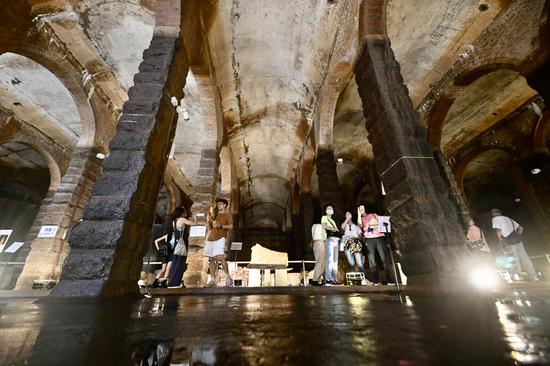
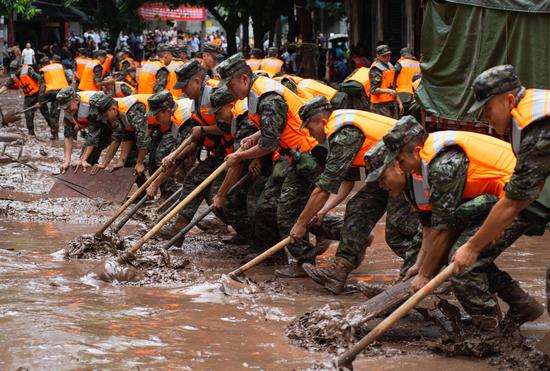
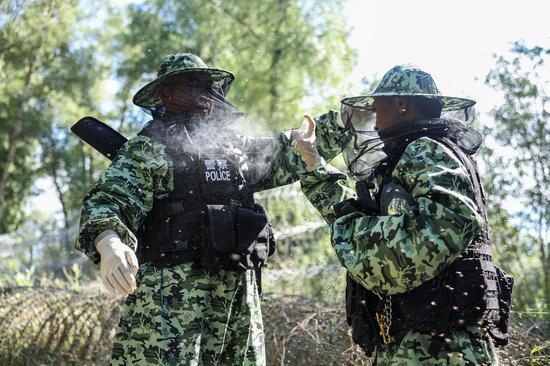
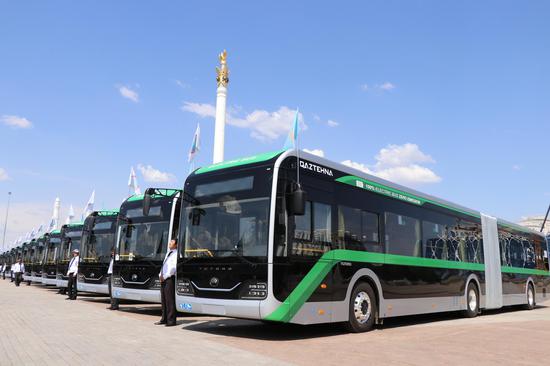
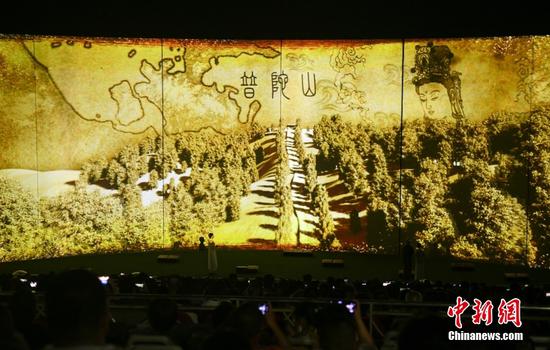
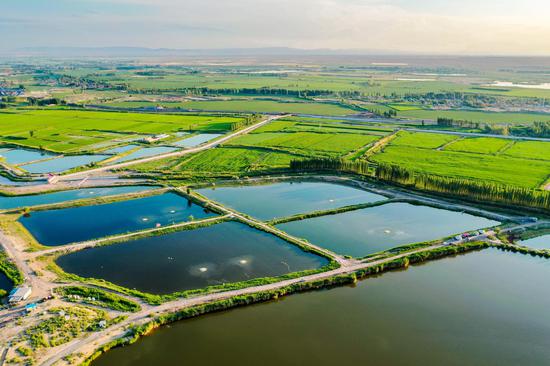

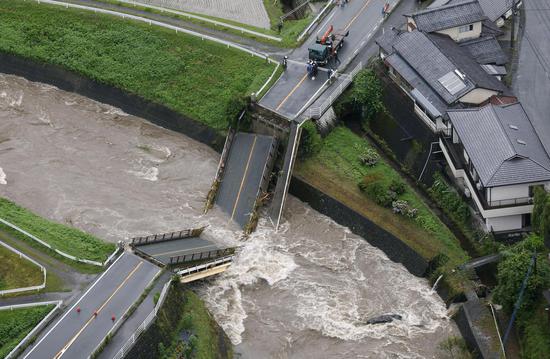
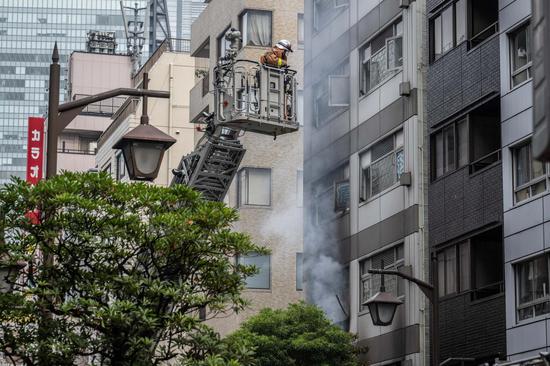





 京公网安备 11010202009201号
京公网安备 11010202009201号